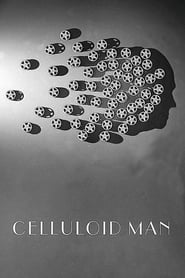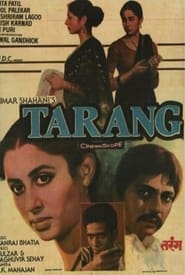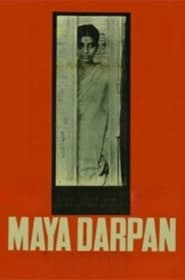detail profile kumar shahani
Peran Yang Di Mainkan Kumar Shahani
 Indian documentary about Indian film history...
Indian documentary about Indian film history...Celluloid Man 2012
Indian documentary about Indian film history and P. K. Nair, the founder of the National Film Archive of India and guardian of Indian cinema. He built the archive can by can in a country where the archiving of cinema was considered unimportant.
 The story centers around a small...
The story centers around a small...Kasba 1991
The story centers around a small town entrepreneur named Maniram who makes a major profit by cheating people and selling them tainted food. His business is run by his daughter-in-law Tejo, who is married to Maniram's mentally challenged younger son. When Maniram's elder son comes back into town to get married, things start to go awry.
 Rahul the soninlaw of an old...
Rahul the soninlaw of an old...Tarang 1984
Rahul, the son-in-law of an old industrialist and one of the heirs to his fortune, clashes with Dinesh, the industrialist’s nephew who is openly unscrupulous. Rahul, on his part, conceals his personal ambition under a cloak of liberalism and encourages indigenous production.
 In his debut feature film Kumar...
In his debut feature film Kumar...Maya Darpan 1973
In his debut feature film, Kumar Shahani employs highly innovative forms for depicting the conflict between oppressive feudal norms and a changing industrial landscape while making female sexuality and its complex mindscape the focus. The protagonist, Taran, the younger daughter of a Rajasthani zamindar revolts against the social code set by the class system by a sexual encounter with an engineer. This film was one of the earlier and successful examples experimentation in colour during the advent of New Indian cinema.

 Set in the Bengali Renaissance of...
Set in the Bengali Renaissance of... A music student listens to stories...
A music student listens to stories... Tackling the theme of identity from...
Tackling the theme of identity from...